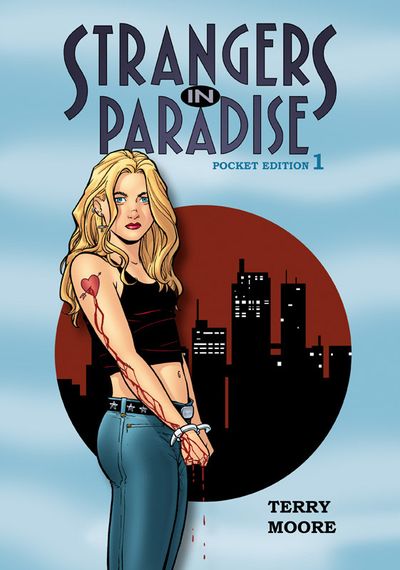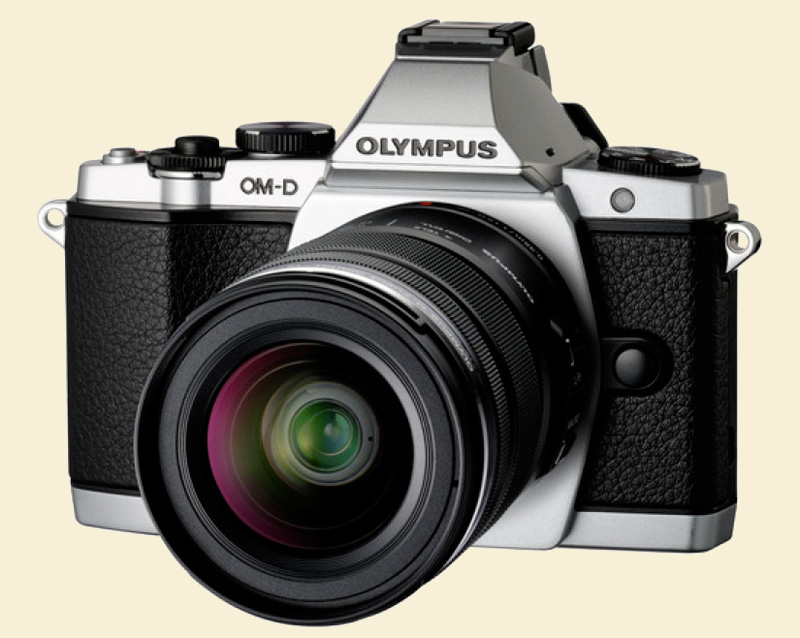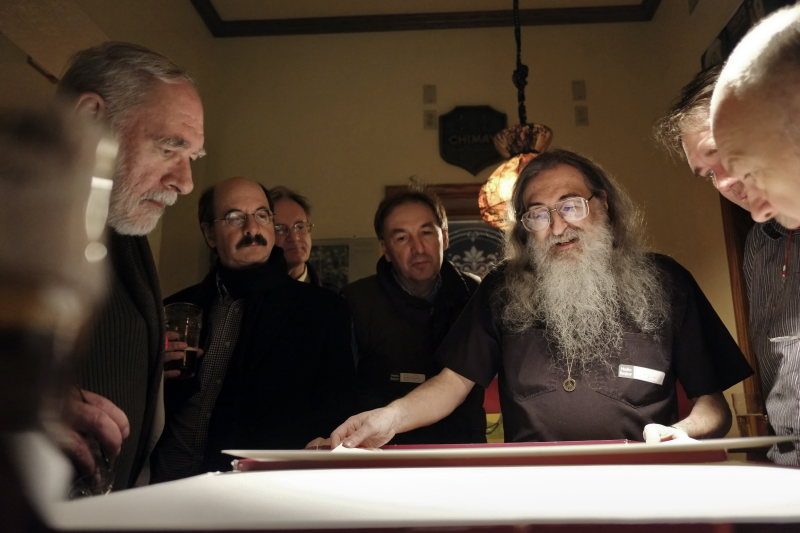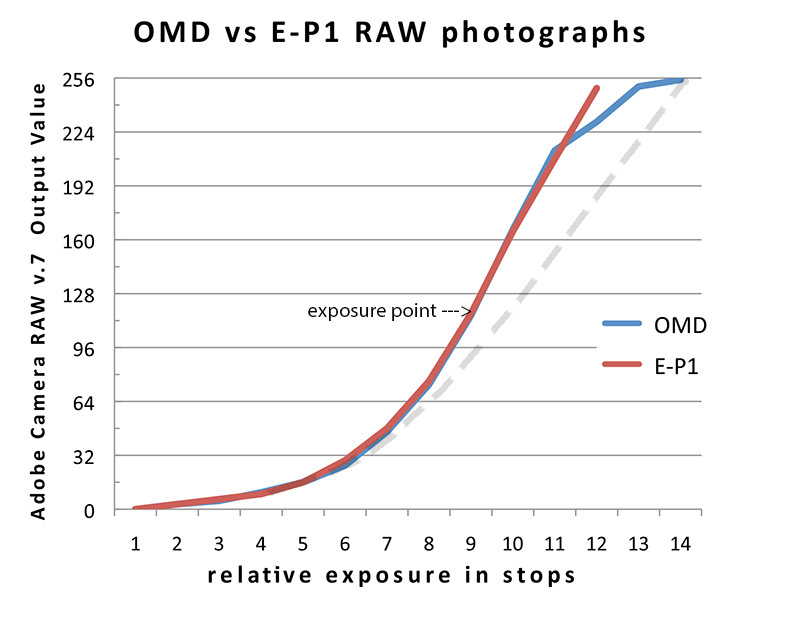By Ctein
Ten days back, Mike wrote a column about compulsive criticism, with which I wholeheartedly agreed. Incessant criticism is not just a safe defense mechanism to protect the perpetrator—it's mean and inconsiderate. The unrelenting cynic is making me and anyone else within earshot pay for their psychological safety. It's not my job to bear the cost; let them pay a therapist for that.
Some jobs, though, demand the ability to be critical when it's appropriate. Reviewers and critics, for example, have to be able to tell their audience when the object of their tender attentions is flawed. Failure to do that not only makes for poor reviews, it's an abdication of responsibility.
Some people are constitutionally incapable of being a reviewer, because they can't ever say a harsh word about anyone. (Unfortunately, such people seem to be far more rare than the ones who can only speak harshly.) Theodore Sturgeon, one of America's great writers and a remarkably insightful man, was also possibly the sweetest human being who ever walked the face of the planet. This did not serve him well when he spent several years writing book reviews; afterwards he admitted that he hadn't been very good at it cause he just didn't have the heart to say bad things about bad writing.
Sometimes readers get upset by negative reviews. This is usually due to a misunderstanding of the role of the reviewer. A reviewer toils to serve the reader. Not the publisher, not the product maker, not the fanboy nor corporate cheerleader. When I'm writing a review of a product, my one and only obligation is to tell you, as accurately and honestly as I can, why I think you should or shouldn't spend your hard-earned money on it.
The fanboys are not my audience. They've already made up their minds; my job isn't to validate their sense of reality. If my review conforms to it, so be it. If it doesn't, that's life. They are not who I'm writing for; I'm writing for the folks who haven't made up their minds, the ones who haven't decided whether or not to buy. They're the ones who need my advice.
There are those who complain that a negative review isn't "fair" to the manufacturer. No; so long as the review is accurate, it is fair. Yes, a negative review can cost the manufacturer sales. Again, the job of the reviewer is not to serve the manufacturer, is to serve the consumer. It is the job of the PR department to serve the manufacturer, and that's an entirely honorable profession. But it is an entirely different one.
There are the reviewers who duck and cover by saying they don't want to "waste the space" on a review of a lousy product. That almost sounds plausible...so long as you fail to consider who the reviewer is supposed to be serving. Not wasting that space means there will be readers whose time and money gets wasted because the reviewer failed to warn them about a product that would serve them ill. In my mind, that's a fundamental dereliction of one's professional obligation. It's the cheap and easy way out if you're the reviewer. It's neither cheap nor easy if you're the unsuspecting reader who gets saddled with an unsatisfactory product.
The thing is, most of the time most reviewers don't want to have to write negative reviews. Oh yes, on occasion, venting and ranting about a particularly egregious insult to consumers is cathartic. But far more often than not, it's a burden. You (the reviewer) have wasted any number of hours of your time on some unsatisfactory bauble. You do it so that you can save your readers from the same fate. It's your obligation. That doesn't make it fun.
And then there's the blowback, because there is always blowback. Fanboys hate having their favorite baubles dissed, and they're incapable of escaping the egocentrism that leads them to believe the review was meant for them. Most product makers take a negative review in stride, but a few can be downright ugly about it. Most of us don't like to have to face hostility, and, when it comes down to it, most of us don't like to have to deliver bad news. Reviewers and critics included.
Being critical is part and parcel of the reviewer's job. One just doesn't want to make too much of a habit of it.
Ctein
Critical columnist Ctein appears every Wednesday on TOP.
Original contents copyright 2013 by Michael C. Johnston and/or the bylined author. All Rights Reserved. Links in this post may be to our affiliates; sales through affiliate links may benefit this site.
An article of interest today.
(To see all the comments, click on the "Comments" link below.)
Featured Comments from:
William: "Today the most vexing problem with reviews is that they are done in a vacuum by people with little or no journalistic training. Lack of a journalism background by itself is not necessarily an issue. Unfortunately, online reviewers rarely have mentors, peers or editors. There is a reason old-school print journalism relied on assistant and chief editors. That reason was not to maintain a bureaucracy, it was to insure quality and relevance and develop inherent talent.
"So readers are presented with a great deal of information with a rather low signal-to-noise ratio. Many reviews cost nothing, but you have to be your own editor. There is no free ride. Paid review sites aren't an answer; those writers have no peer group to guide them either."
Dave: "What bothers me is the reviewer who is the fanboy. When they are the fanboy of the product, they typically don't tell me anything the manufacturer hasn't told me. And when they are a fanboy of a competing product, they just tell me what's wrong with the product they are reviewing or why I should just buy the competition. Either way they haven't done me any service."
Joe: "The key to getting the most from written criticism is not just to avoid the goofballs who love everything or hate everything, but to get to know a few critics well, warts and all.
"Film critics are a great example. I read a lot of film reviews, and I've gotten to the point where I can parse what's going to be useful. Actually, I think anyone who regularly reads the same few reviewers does this unconsciously. So it's not just a matter of avoiding Peter Travers of Rolling Stone because he's from a different planet where all movies are terrific. I often agree with Ebert but I can also tell when he's being too soft for my taste. I can tell when Anthony Lane is setting his expectations too high. When I read Janet Maslin's book reviews, I know that she's a sucker for thrillers that I won't be able to stand.
"And even though I couldn't give you the name of a camera gear reviewer from Pop Photo, the magazine's reviews do speak with a consistent editorial voice, and it's possible to read between the lines and see beneath the veneer of praise that's given to nearly every camera."
JohnMFlores: "After reviewing motorcycles for RoadRUNNER Magazine for several years, I've come to the conclusion that there aren't that many bad motorcycles being made any more; nearly all are reliable, predictable, and do a credible job of meeting their design briefs. As such, I feel that my job is to ride the bike in a number of different situations—from the interstate to the urban jungle and everywhere in between—and report on how the bike performs in each. I don't see it as my job to declare whether the bike is good based upon my personal biases; rather, it's up to the reader to decide if the bike's sweet spot matches their own. It's especially important with motorcycles, because they are often purchased without a test ride.
"In a mature industry like digital photography, I suspect that it's more or less the same. It may have been different ten years ago where companies where still making their way and technology was still evolving; they still had dogs. But today I think that you'd be hard pressed to find a truly bad camera for over $300. Whether the camera's sweet spot matches the reviewer's sweet spot matters much less than whether it matches the potential buyers'."
Sara J: "Having worked in the audio business during its heyday, one magazine reviewer never had a negative product review and always used the phrase 'a good value for the money' in every review.... When someone walked in the door with that magazine, we'd sigh and hope that the person had ears."

















































